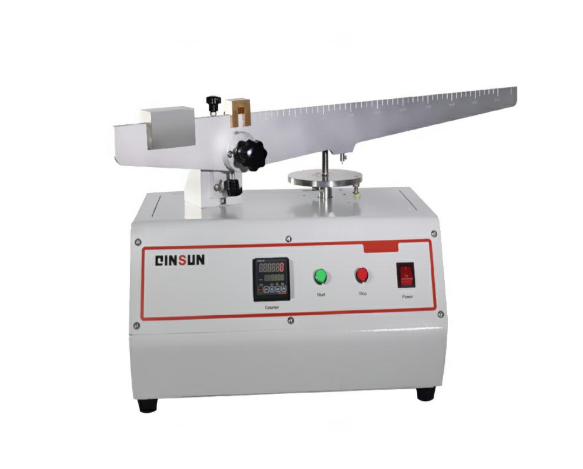Time: Popularity:0times
In today's competitive industrial landscape, scratch testing has emerged as an indispensable tool for ensuring product quality and reliability. Manufacturing facilities across various sectors have integrated scratch testing into their quality assurance protocols to objectively evaluate material performance and prevent field failures. The methodology provides quantifiable data that helps engineering teams make informed decisions about material selection, process optimization, and design improvements. By simulating real-world wear conditions in a controlled environment, manufacturers can identify potential issues before products reach consumers, saving significant costs associated with warranty claims and brand reputation damage.
The implementation of scratch testing in industrial settings requires careful consideration of testing methodologies and equipment selection. The conductive detection approach has proven particularly valuable in automotive electronics manufacturing, where it verifies the integrity of conformal coatings on circuit boards. Production lines typically employ automated scratch testers with multiple testing stations, capable of processing hundreds of components per shift while maintaining consistent testing parameters. The optical detection method finds extensive application in consumer goods manufacturing, especially for products where surface appearance directly impacts consumer perception. High-resolution imaging systems integrated with scratch testers can automatically classify scratch severity and generate detailed reports for quality documentation. The acoustic emission technique has gained prominence in aerospace component manufacturing, where it detects micro-scale damage in composite materials and thermal barrier coatings that might compromise component longevity.

Modern industrial scratch testing systems are designed for seamless integration into manufacturing workflows. They feature robust construction suitable for factory environments, with dust-proof and vibration-resistant capabilities that ensure measurement stability. User-friendly interfaces allow quality technicians with minimal specialized training to perform complex tests through pre-programmed routines. Advanced data management systems automatically log all test results, creating searchable databases for trend analysis and regulatory compliance. Many systems offer remote monitoring capabilities, enabling quality managers to oversee testing activities across multiple production facilities from a central location. The modular architecture allows manufacturers to customize systems according to their specific needs, whether for routine quality checks or advanced research and development purposes.
Real-world applications demonstrate the transformative impact of scratch testing on product quality. An automotive manufacturer implemented systematic scratch testing for interior components and reduced warranty claims related to surface damage by 45% within two years. A smartphone manufacturer used scratch testing data to optimize their screen coating process, resulting in a 30% improvement in scratch resistance without increasing production costs. In the construction materials sector, companies utilize scratch testing to validate the durability of coated architectural panels, ensuring they can withstand environmental exposure and maintenance procedures. The methodology has also proven valuable for suppliers needing to demonstrate compliance with customer-specific requirements and international standards, serving as objective evidence during supplier qualification audits.
Company Phone
+86-21-6420 0566
Working hours
Monday to Friday
Mobile phone:
13816217984
Email:
info@qinsun-lab.com
